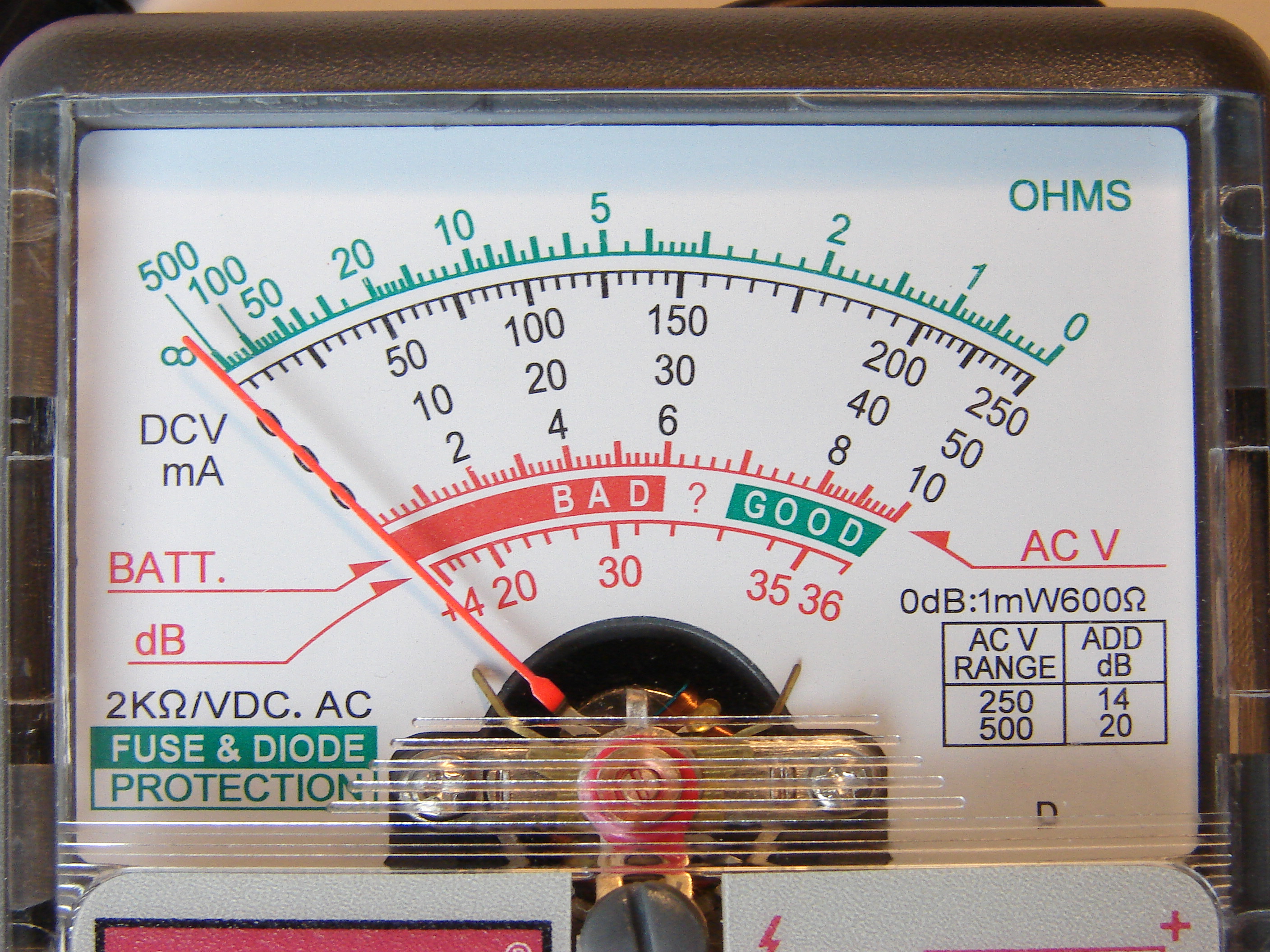In this article, we shall focus on the points that make up the comparison of Infinite Resistance Vs Zero Resistance. Infinite and zero resistance are synonymous with open and short circuit respectively.
| Comparison Parameters | Zero Resistance | Infinite resistance |
| Definition | A wire or a circuit branch with zero resistance implies that there is significantly high current. This is also called short circuit condition. | A wire or a circuit branch with infinite resistance implies that there is no current or break between two circuital points. This is also called open circuit condition. |
| Circuit overview | In circuital terms, zero resistance suggests a short circuit. Short circuit looks like a wire with no resistance. | In circuital terms, infinite resistance suggests an open circuit. Open circuit looks like a gap or no wire between the points. |
| Effect | Zero resistance and subsequently infinitely high current lead to overheating and burning of the circuit. | No or almost zero current runs through a wire with infinite resistance. |
| Ohmmeter deflection | Ohmmeter in this situation deflects to the utmost right side and does not move. | Ohmmeter in this situation deflects to the utmost left side and does not move. |
| In terms of conductivity | Conductors with zero resistance are known as superconductors. Below the critical point, the resistance of a superconductor falls to zero. These are different from short circuits. | Substances with infinitely high resistance are known as insulators. These are different from open circuits. |
| Current | Current will be infinite or very high in zero resistance. | Current will be zero or very small in infinite resistance. |
| Voltage | Voltage is zero when resistance is zero. | Voltage is infinite or the maximum possible voltage when the resistance is infinite. |
| Practical scenario | In reality, zero resistance means a negligibly small resistance. | In reality, infinite resistance means a very high value of resistance. |
Infinite Resistance Vs Zero Resistance- FAQs
What does zero resistance mean in a circuit?
In electrical terms, zero resistance in a circuit is known as “short circuit”. Theoretically, if resistance R = 0 , according to Ohm’s law current (i = V/R) is infinite. Infinite or very high current may burn the circuit.
Practically, even if there is no resistor in a circuit, the wires used to construct the circuit have at least a little amount of resistance. Cells also offer internal resistance. It is very negligible and is compared to zero resistance. If we directly connect a battery with a wire, it heats up and damages the whole setup.

Read more on…..Series Circuit Function: Complete Insights and FAQs
What does it mean if the ohmmeter reading shows zero?
An ohmmeter is an electrical device for measuring resistance. The pointer position of the meter is set to zero first. When the pointer deflects to the extreme right, it indicates very low or almost zero resistance.
Zero ohm reading in an ohmmeter suggests zero resistance between the testing points. But in most cases, the test leads of the ohmmeter have a very small amount of resistance. Generally, any resistance value less than 1 ohm is considered as zero. Zero ohm in a digital multimeter means there is continuity in the circuit.

Read more on….How to test a capacitor with a multimeter: Complete insights and FAQs
What is infinite resistance in a multimeter?
According to ohm’s law, R= V/I. Therefore, if I = 0, R value is infinite. So, infinite resistance suggests that the current in the circuit is zero. That means, there is no current flowing in the specified part of the circuit.
Multimeter is a combined device to measure electrical parameters. In a multimeter, if the pointer deflects to the extreme left side starting from zero, then it is known as infinite resistance or open circuit. In such condition, no continuity is present between the measuring points i.e. no current is flowing.

Also read..Two Surge Protectors In One Outlet: Exhaustive FAQs
Zero resistance vs zero resistor- Explain.
Zero resistance in a circuit means that the circuit is a short circuit. For an ideal short circuit, there should be no voltage drop between two points and no resistance. In a real short circuit, the resistance is very small.
Zero ohm or zero link resistors are ordinary resistor-like jumpers to provide very low impedance in a circuit. They are used in PCBs as bridges to minimize the designing cost. Also, zero ohm resistors are easy to unsolder and replace. These are very different from zero resistance or short circuits.

Also Read:
- How are flip flops used in counters and registers
- When is the frequency spectrum analysis vital
- How can race conditions be mitigated in jk flip flops
- Does the quality factor q influence the transition region of an hpf
- How can digital signals be reconstructed to analog form
- What is the zener voltage
- Gate level logic vs register level logic
- Does temperature affect flip flop operation
- When should you replace a diode in a circuit
- Why does a flip flop have a memory feature

Hi……I am Kaushikee Banerjee completed my master’s in Electronics and Communications. I am an electronics enthusiast and am currently devoted to the field of Electronics and Communications. My interest lies in exploring cutting-edge technologies. I’m an enthusiastic learner and I tinker around with open-source electronics.

Hi Fellow Reader,
We're a small team at Techiescience, working hard among the big players. If you like what you see, please share our content on social media. Your support makes a big difference. Thank you!